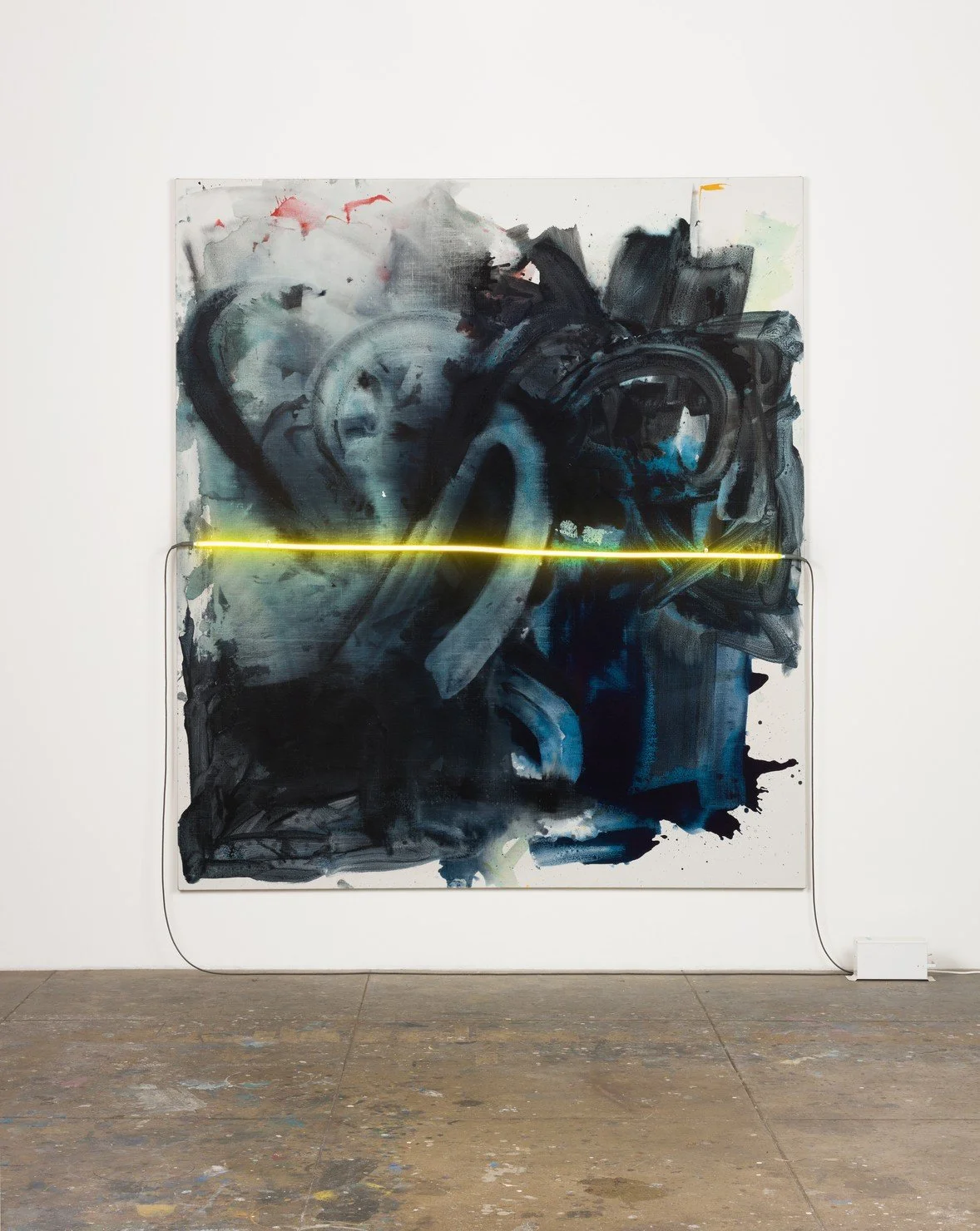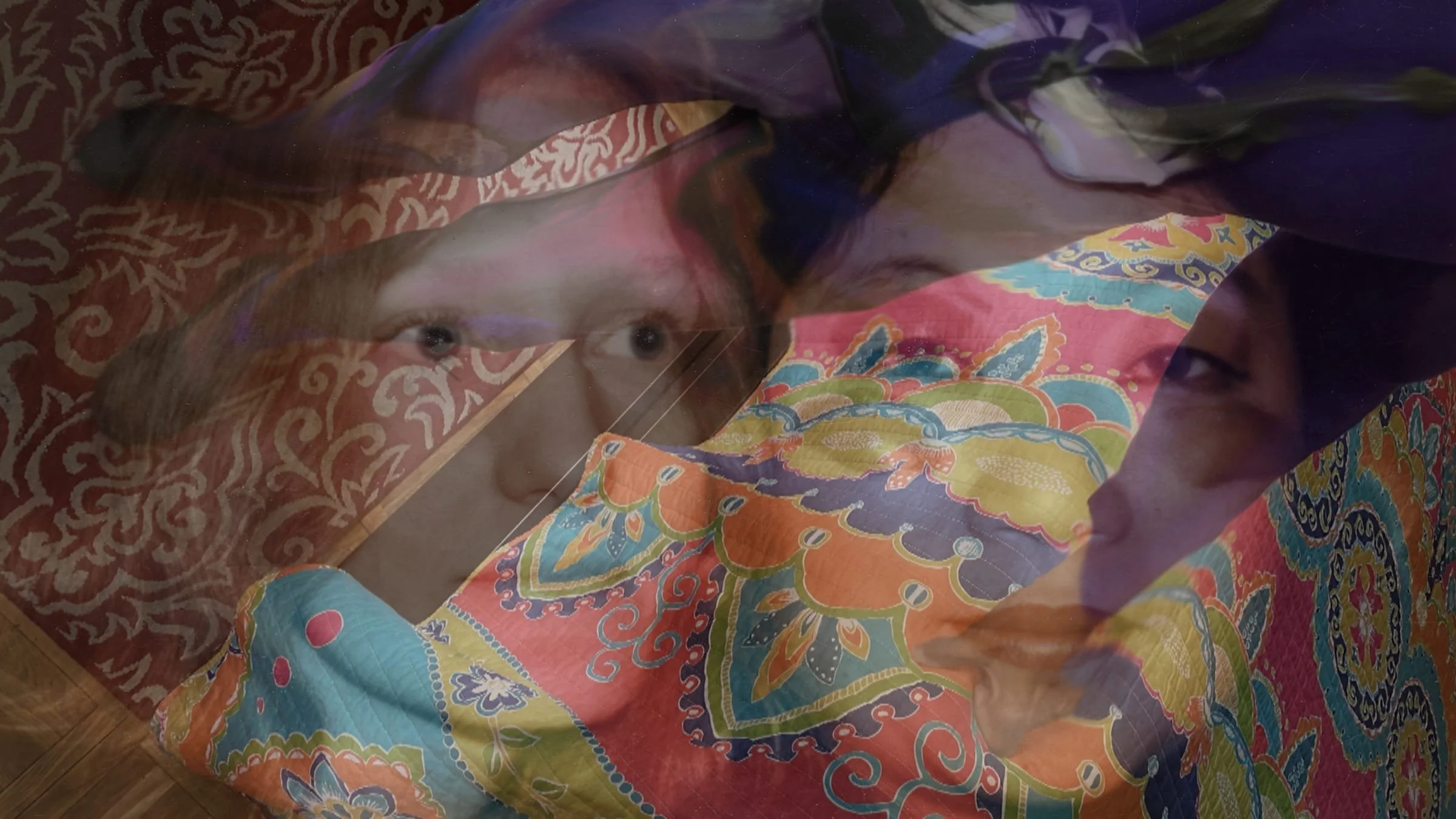Mary Weatherford
“Sea and Space”
New York, 980 Madison Avenue
Dominated by the color green, Weatherford’s new paintings make visual reference to arboreal and aquatic environments. Some of them also revivify the pairing of empyreal and oceanic imagery that appeared in her work decades ago. There are allusions, too, to outer space, an interest reflected in and maintained by Weatherford’s collection of NASA photographs and by her visits to the Hayden Planetarium in New York.
Weatherford’s work is rooted in her experience and observation of urban and rural environments, which she employs as prompts to investigate the properties of light, color, and gesture. Often drawing inspiration from the kinds of commonplace and organic materials identified with Arte Povera, she has also studied American abstract painters of the 1950s and 1960s such as Helen Frankenthaler and Kenneth Noland. Further imbuing her paintings with spatial illusion and a spirit of existential inquiry, Weatherford has incorporated additional materials such as shells, sponges, bottle caps, and neon lights.
Installation view Artwork © Mary Weatherford. Photo: Owen Conway
To produce this series of paintings, Weatherford poured pale-toned paint into still-wet areas of darker pigment in each composition while the linen was stapled onto a wooden platform on her studio floor. She worked on several such panels simultaneously, adopting similar starting points in each work and arriving at highly divergent end results. The paintings share the atmospheric tonality and suggestions of glimmering light seen in her recent series The Flaying of Marsyas (2022) (which was itself inspired by Titian’s masterpiece of circa 1570–76).
Weatherford’s painting The Emersonian (2023) invokes Ralph Waldo Emerson’s 1836 essay “Nature,” in which the Transcendentalist describes becoming a “transparent eyeball”—a poetic metaphor for a certain state of being, achievable only in nature, that affords new ways of perceiving. In the painting, a pale green eye emerges from within an arrangement of darker colors that hints at a cluster of ancient trees. “In the woods,” Emerson writes, “we return to reason and faith. There I feel that nothing can befall me in life,—no disgrace, no calamity (leaving me my eyes), which nature cannot repair.”
The exhibition’s works on paper, all made in summer 2023 during Weatherford’s residency at the Elaine de Kooning House in East Hampton, New York, were produced by applying shellac ink and raw pigment—including metallic gold, forging a link to the work of Gustav Klimt and Friedensreich Hundertwasser—to handmade Gampi Torinoko paper. These are not studies for the paintings, but rather independent works that reflect the richly verdant environs in which they were conceived.







